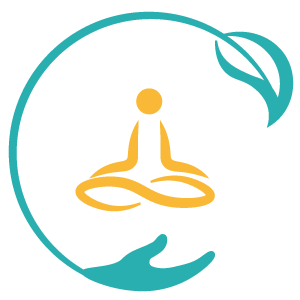Ayurveda
THE BASICS OF AYURVEDA
Ayurvedic Medicine is the most ancient system of medicine known to mankind. It emerged within the Vedic culture that arose on the foothills of Himalayas and along the banks of the great rivers of India. It is based on the Vedic wisdom expounded by the ancient sages. Ayurveda is a science-based healthcare approach that treats illness and promotes wellness by focusing assessment on biochemically-unique aspects of each patient, and then individually tailoring interventions to restore psychological, physiological and structural imbalances.
Dhanvantari, the god of Ayurveda. According to legend, the gods and the demons sought the elixir of life, amrita, by churning the milky ocean and Dhanvantari rose out of the waters bearing a cup filled with the elixir. Ayurveda, the traditional system of medicine in India, is attributed to him.
There has been a worldwide surge of interest in Ayurvedic medicine as people seek health and well being. Ayurvedic medicine not only recognises the uniqueness of the individual but also the oneness of all creation and how this translates into human health on all levels. The basic principles upon which Ayurvedic medicine/healthcare operates are:
• Biochemical individuality based on genetic and environmental uniqueness
• Dynamic balance of internal and external factors
• Web-like interconnections of psycho-physiological processes
• Health as a positive vitality – not merely the absence of disease
• Promotion of organ reserve through psycho-neuro-immunological processes
• Patient-centred rather than disease-focused healthcare
Using these principles, Ayurvedic healthcare practitioners focus on understanding the fundamental physiological processes, the environmental inputs, and the genetic predisposition that influence every person’s experience of health and disease. A person is considered an integral part of the Universe which is governed by natural laws. Ayurveda works primarily on human constitution called Dosha and Prakruti through lifestyle counselling, herbal preparations, nutrition, massage, yoga and Panchakarma all used to bring about balance and harmony in the body.
MORE IN-DEPTH INFORMATION ON AYURVEDA
How Ayurveda can help you create your balance
Pancamahabhuta & Tri Dosha
The pancha-mahabhutas are the primordial energies which comprise the universe. The tridoshas, namely vata, pitta and kapha, are the subtle energies that convert the energetics from our environment into matter.
Balance and Imbalance
Ayurveda is based on an understanding of three fundamental things: (1) The nature of a person’s constitution; (2) the nature of the imbalance; and (3) the nature of the medicine.
Balance through Daily Routine with a Daily reset
A daily routine is absolutely necessary to bring radical change in body, mind, and consciousness. Routine helps to establish balance in one’s constitution.
Join our Community
You’re Not Alone. I’m Here to Help!
Sign-up to our newsletter and keep upto date with Ayurveda Central
